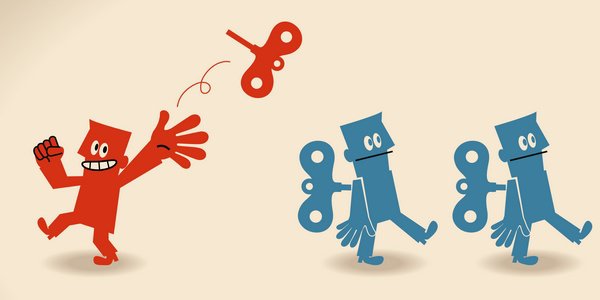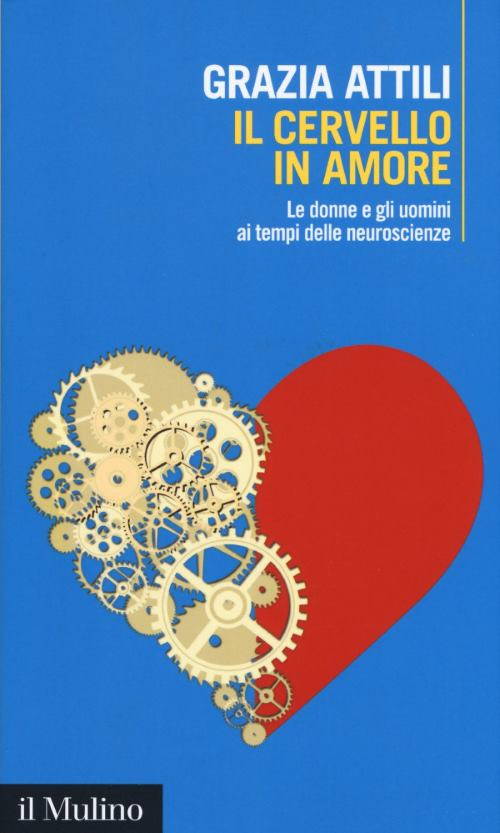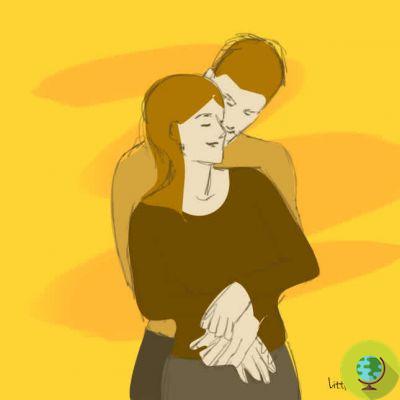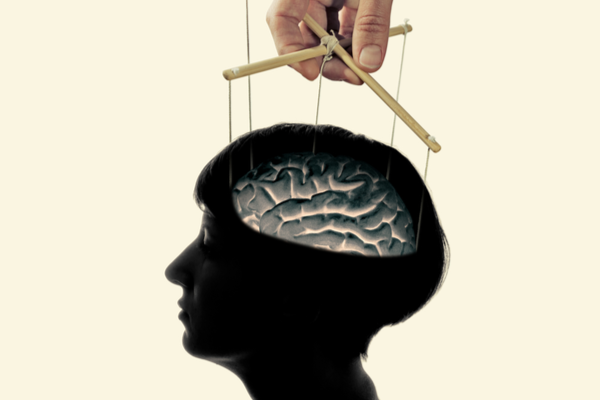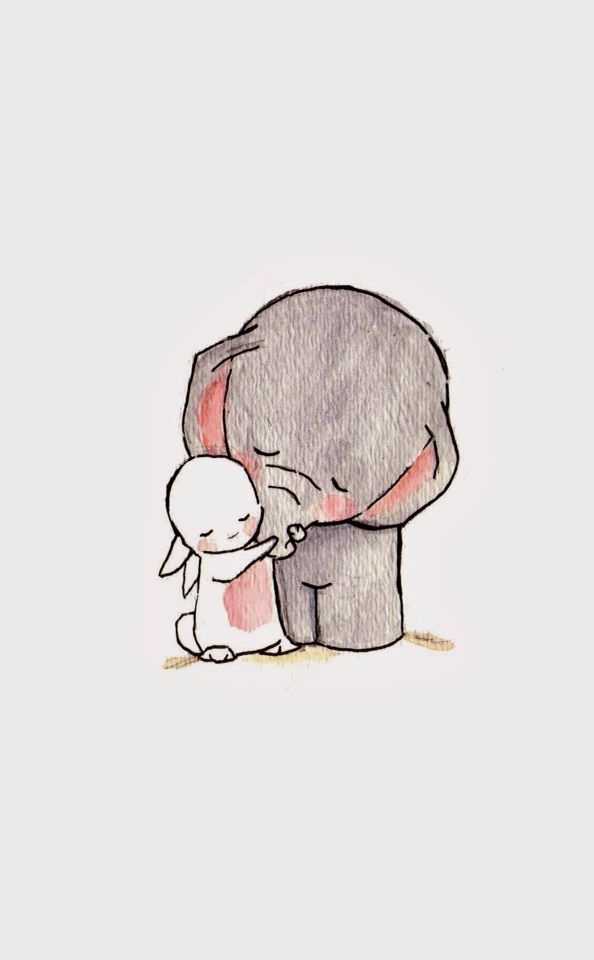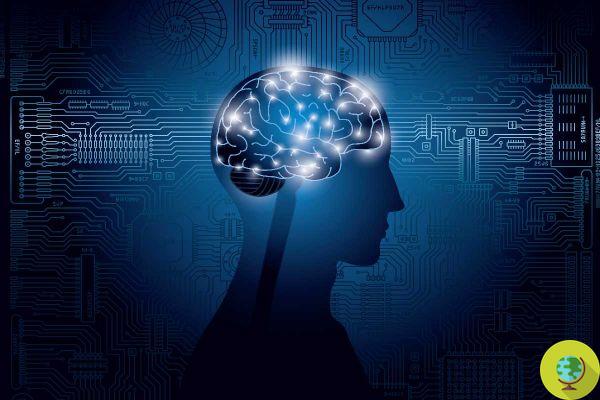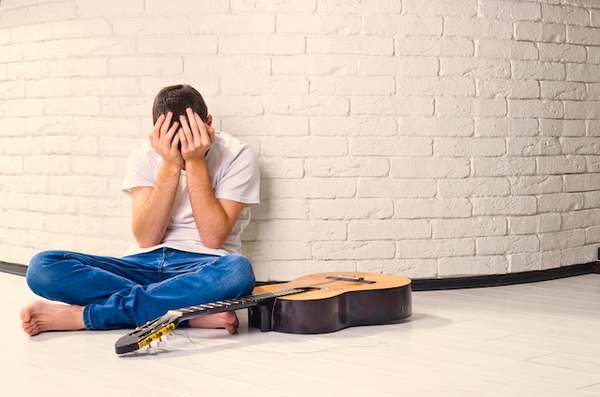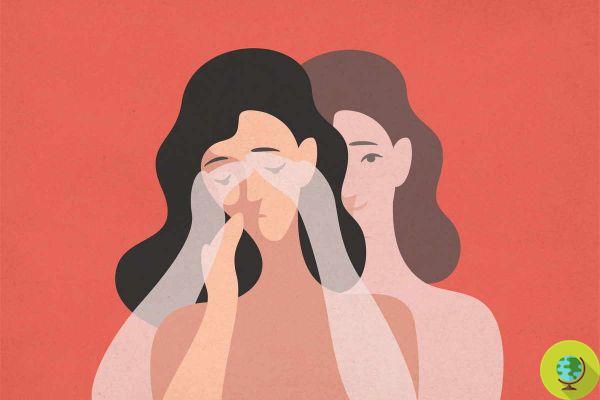
Psychologists sound the alarm about a new pandemic: people feel guilty for not being happy, a problem due to forced positivity.
Don't store avocado like this: it's dangerousIt has been in fashion for years even if someone, fortunately, had already noticed how insidious it was: we are talking about positive thinking, according to which it would be enough to think positive to fulfill wishes and achieve the desired happiness. But now finally more and more voices, including those of many psychologists, dispel the myth, highlighting that forced positivity can even be harmful to physical and mental health.
Among others, Rafael Pardo, author of numerous books of a historical, spiritual and psychological nature, talks about it in his book “Felicidad tóxica. El lado oscuro del pensamiento positive “, comparing the Positive thought with the ideal of feminine beauty of the 90s, which led many women to suffer from anorexia and bulimia in order to adhere to the "winning" aesthetic standards.
READ also: How to banish negative thoughts
Well, now according to the author there would be a new pandemic underway, that of people who feel guilty for not being happy enough. Pandemic fueled precisely by the much acclaimed positive thinking, which sells happiness as if it were any product, without taking into account the context in which each person is born and lives, and not even his socio-economic position:
“They give you that perverse message that socioeconomic conditions are not important, when they are. Being in a country with democracy is not the same as being without it; nor is it the same to be a woman in Zambia or the United States. Tell George Floyd that his condition was not important, that his happiness was a matter of four thoughts “.
Positive thinking in fact, in a subtle way, leads us to think that if our life does not go as we would like it is our fault. Because we are not positive enough. Without taking into account the circumstances and the context in which we live, which is different for each of us and in some cases decidedly unfavorable.
To convey the idea, Pardo gives an example related to work: positive thinking leads the worker to believe that he is unable to obtain certain results because he is unable to think positive enough and imagine a glorious future, and in this way he transmits the idea that the problem lies with the worker and not with job insecurity due to an unfair system. Hence the connection between positive thinking and capitalism, which according to Pardo is often used by politicians themselves to distract the attention of citizens and mask bad management, even in the case of the coronavirus pandemic.
Not to mention the dangers from the point of view of health, thinking that everything will be fine leads people, according to Pardo, to believe that they are invulnerable, even in critical situations such as the current one, and therefore not to take precautionary measures seriously. Furthermore, from an educational point of view, children raised in the myth of positive thinking are less used to accepting the bad things that happen in life, and tend to believe themselves to be kings of the world, which in adulthood can create considerable problems and permanent frustration.
This does not mean that we should become pessimists, rather optimistic realists, Pardo suggests. Because if pessimism makes us too negative, exasperated optimism is a bit like looking at the world with pink lenses, pretending that injustices don't exist and that, if we really want it, everything will be fine. This type of positivity instead of improving us, calms us, and hence a further connection with the capitalist system which has every interest in not making us angry, even when the injustices are evident, pouring the blame on us.
And do we want to talk about the terrible impact of forced positivity on emotions? When we force ourselves to be happy, we risk becoming emotional hypochondriacs and wanting to perpetually control our emotions, to the point, says Pardo, to think that feeling sadness, anger or emotions mistakenly considered "negative" is wrong or symptom of imbalance.
Of course, life depends on our choices, on our will, on our thoughts, but we are not Monads, we live in different social, cultural, economic contexts that, like it or not, influence us, and where justice is not always at home. Better to recognize it and if possible take action to change things rather than pretend that everything is fine!
You might also like:




